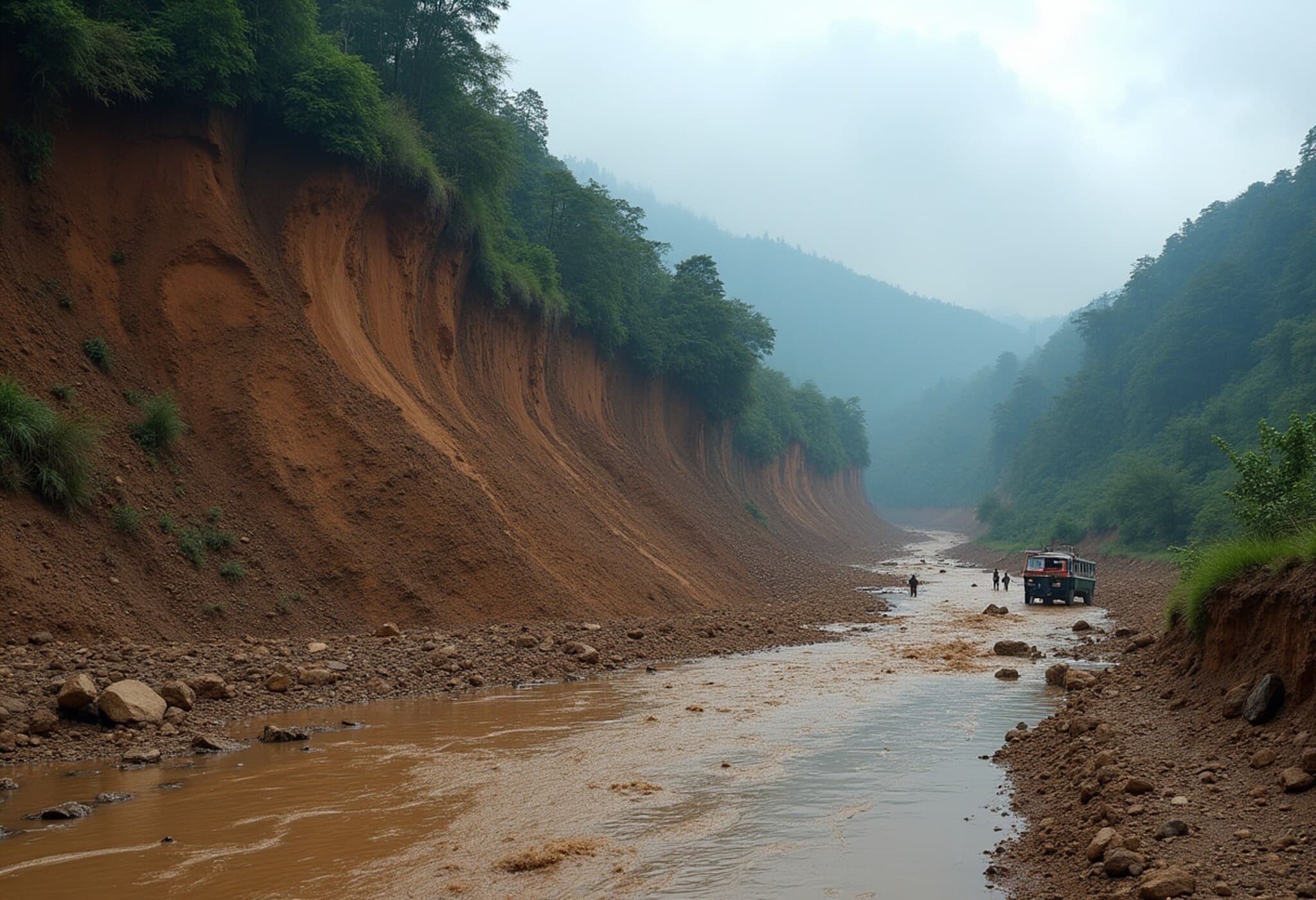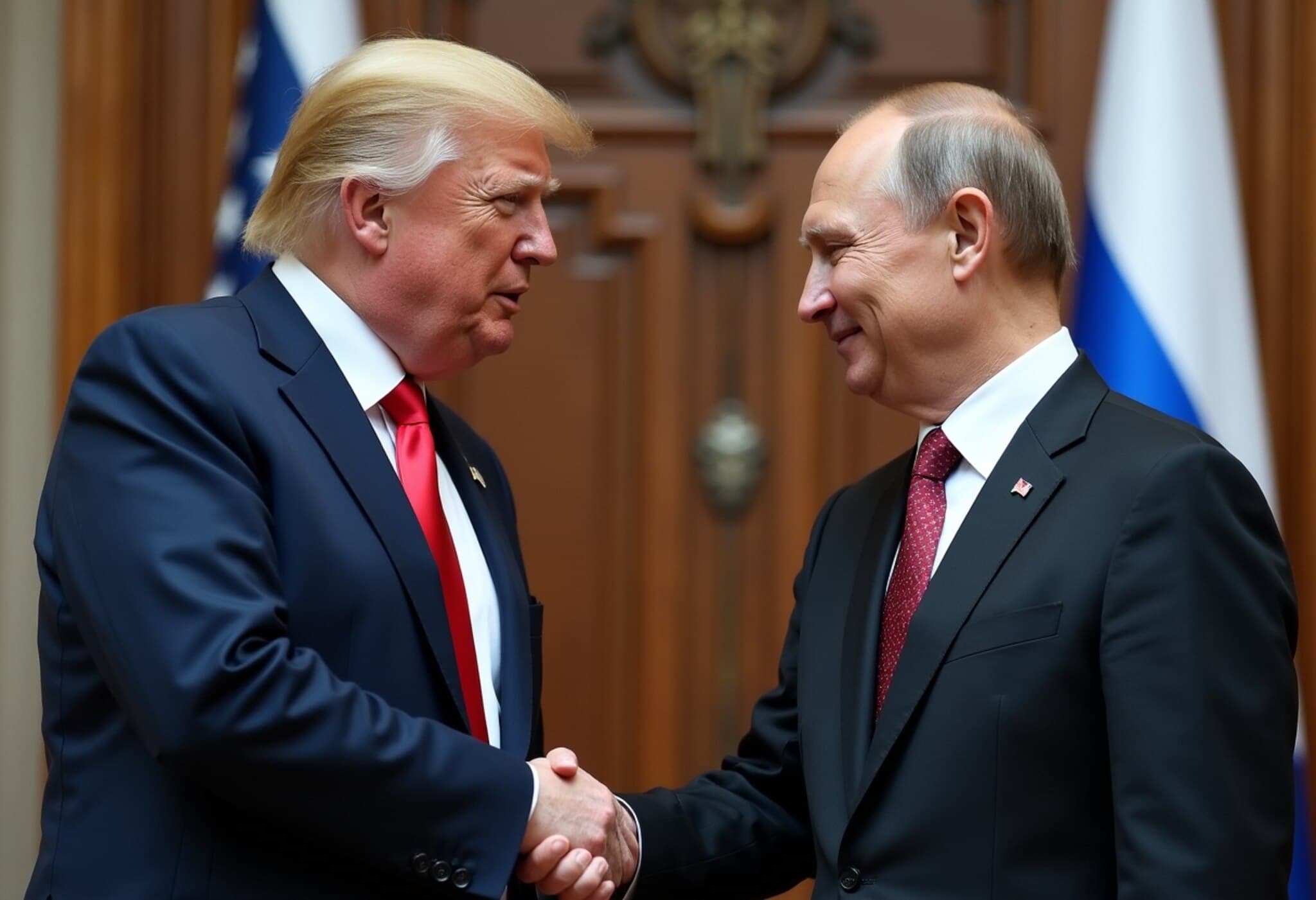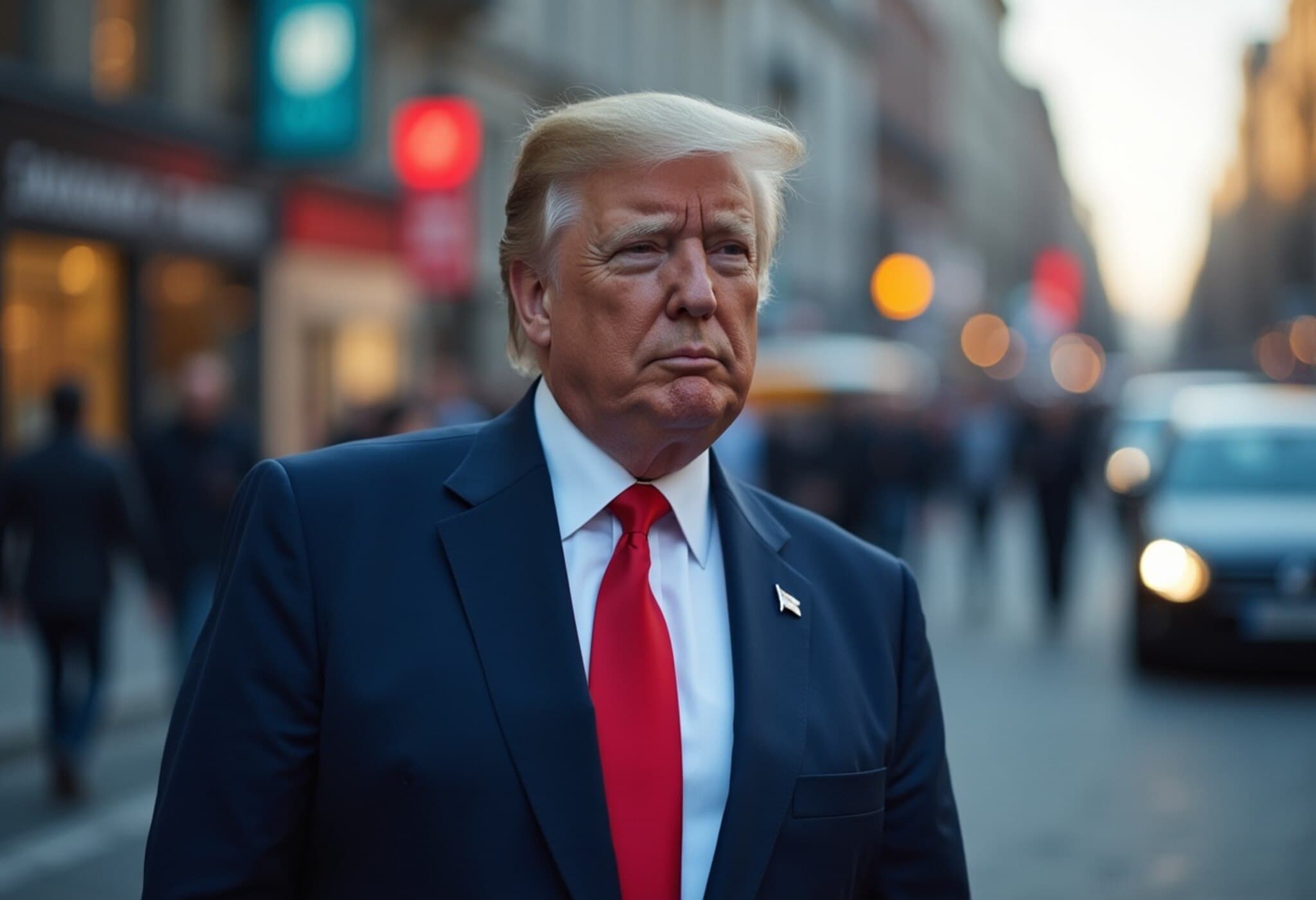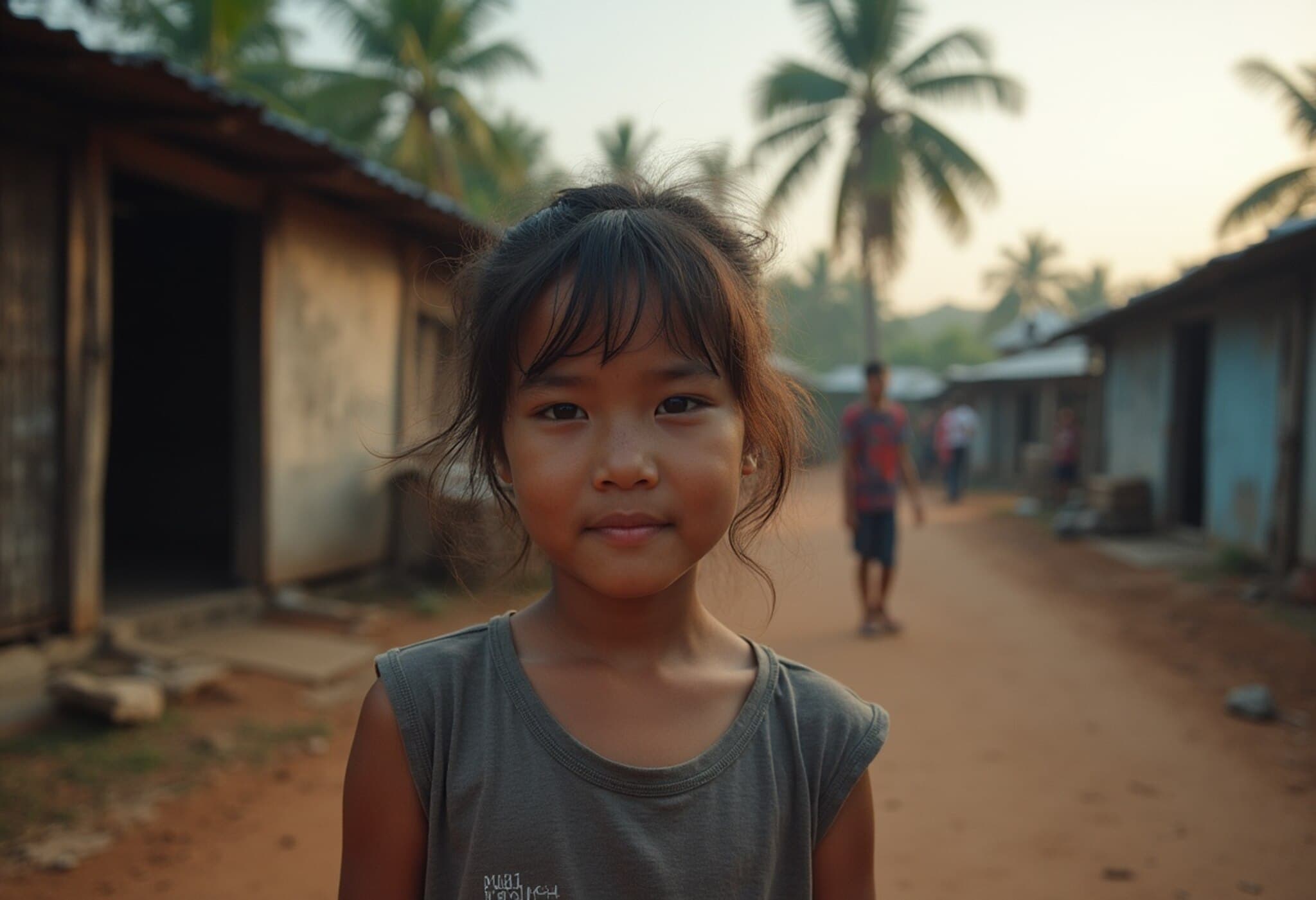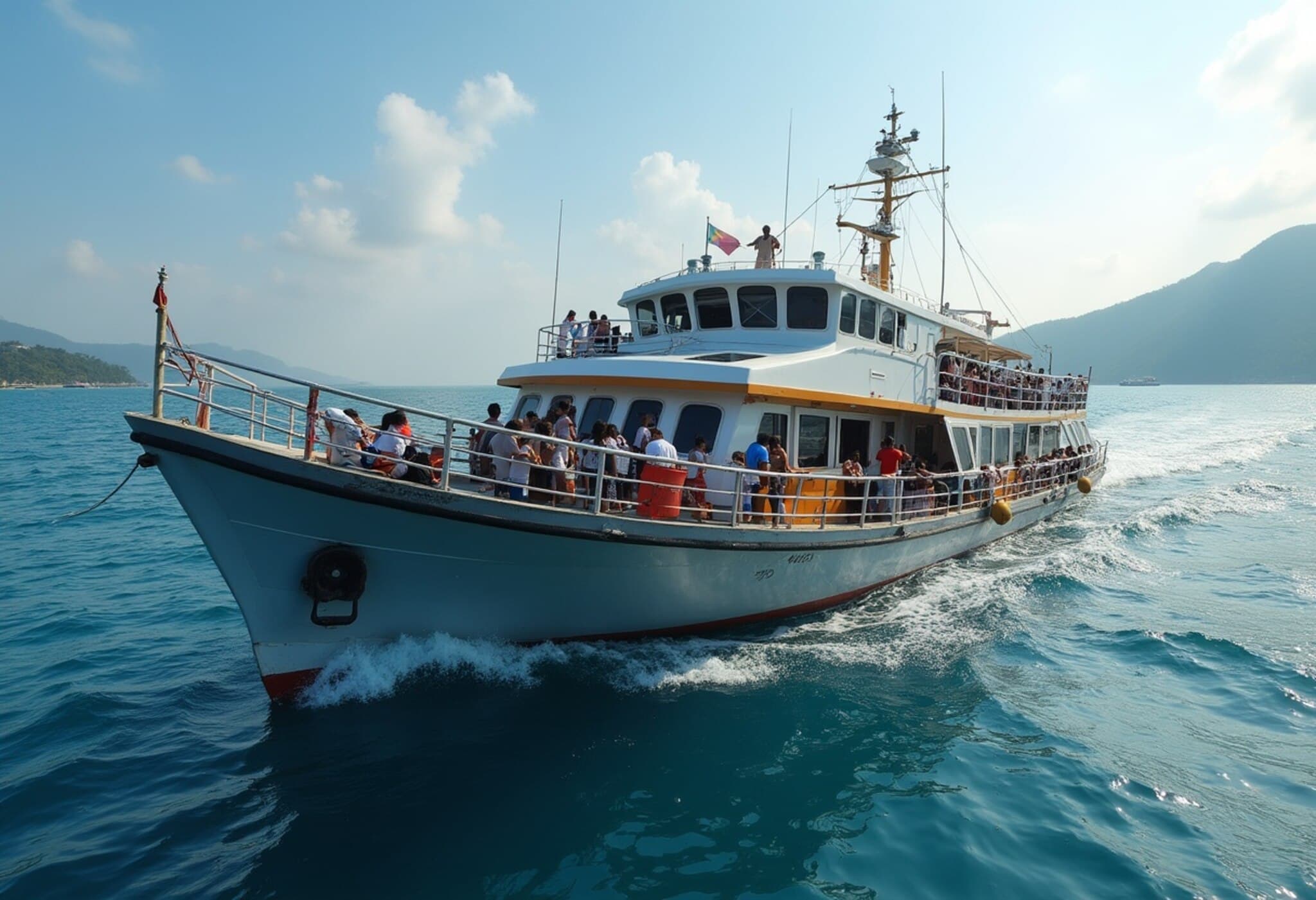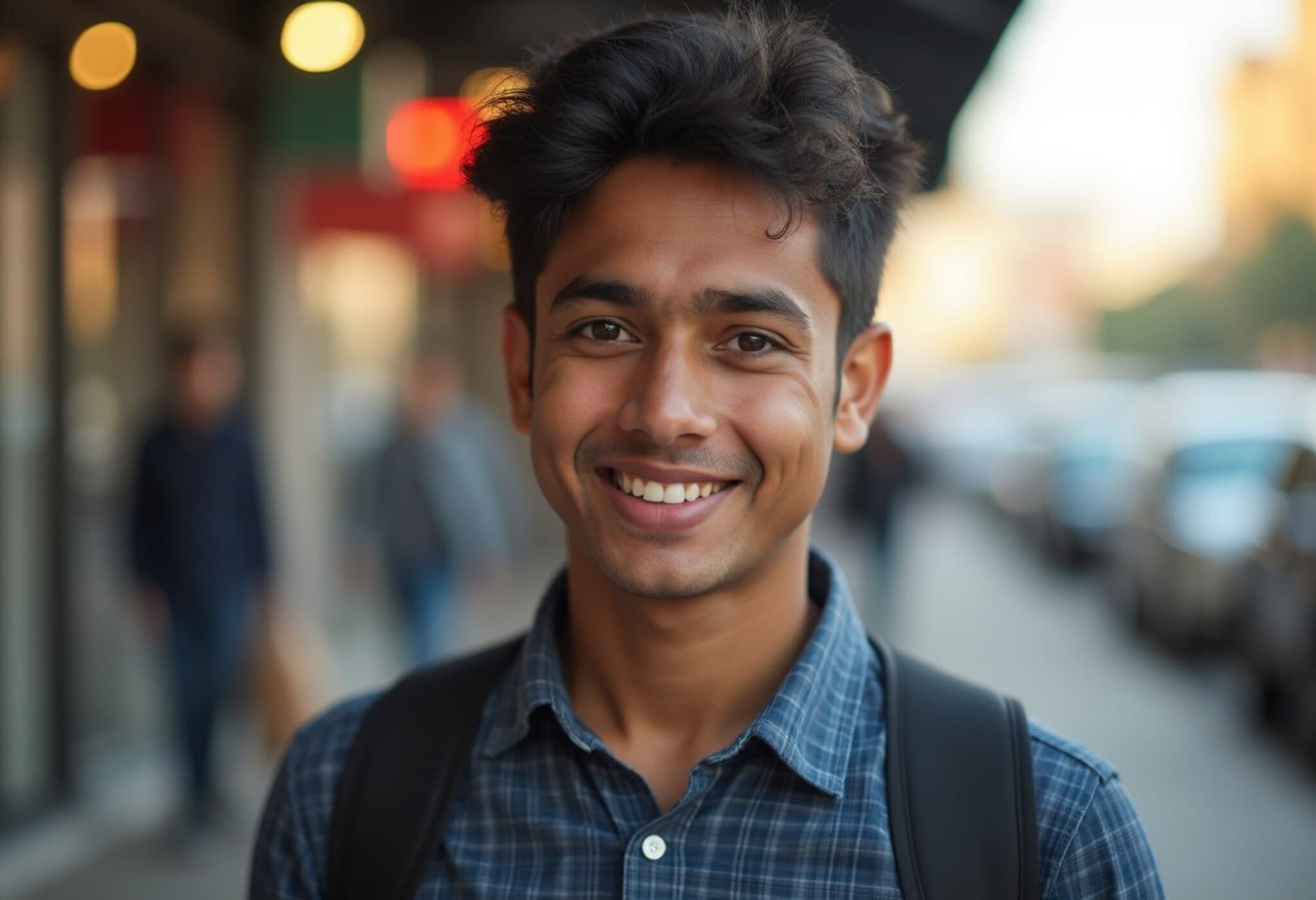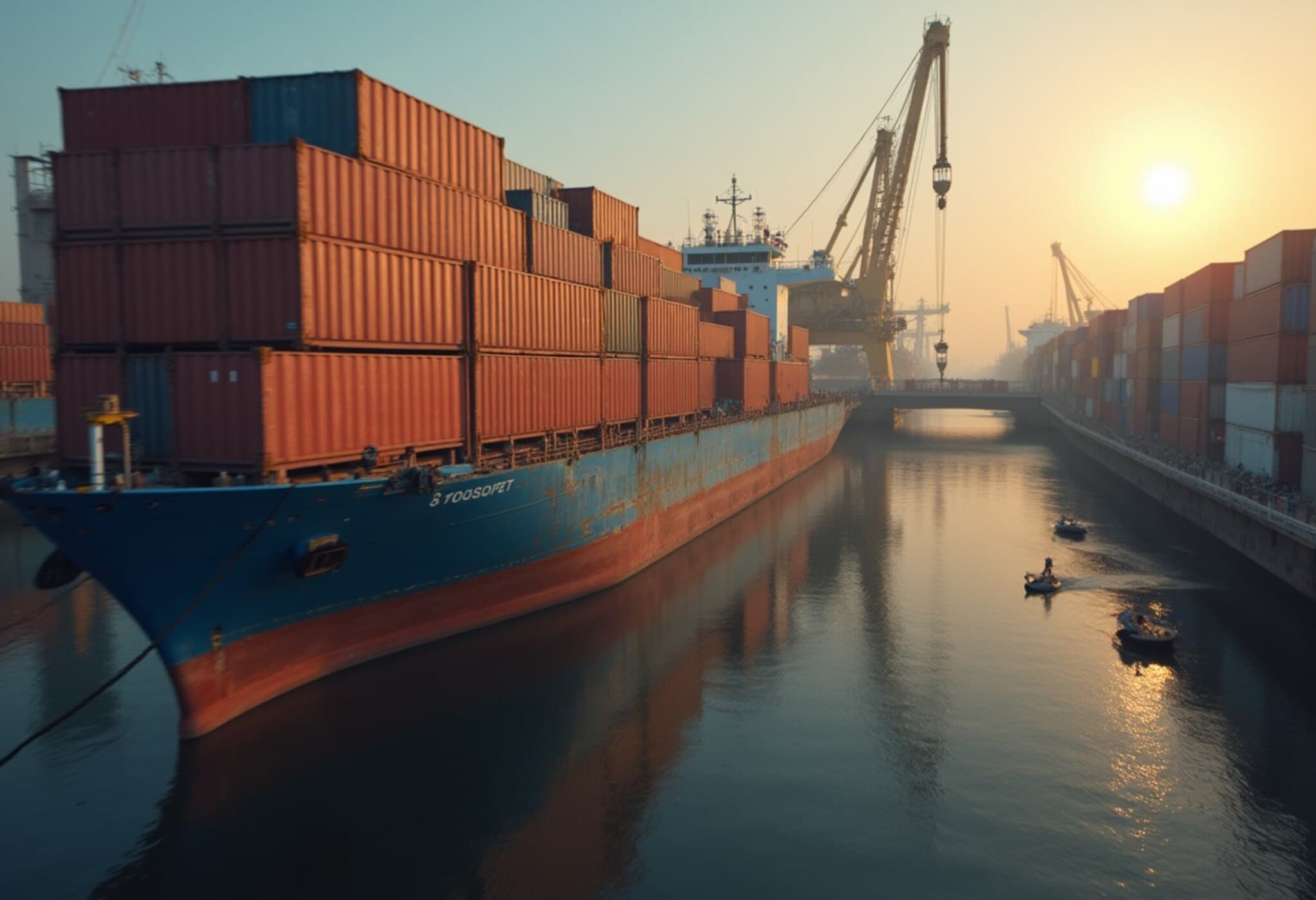Indonesia Revives Vietnam War-Era Island to Treat Wounded Civilians from Gaza
In a powerful gesture of humanitarian solidarity, Indonesia is reopening a medical facility on Galang Island—an island rich with historical significance—to tend to approximately 2,000 injured Palestinians from Gaza. These patients, severely affected by ongoing conflict, will receive urgent medical care with the hope of returning to their homes once recovered.
Galang Island: From Refugee Haven to Lifesaving Medical Hub
Galang Island, located off the coast of Sumatra and just south of Singapore, carries a poignant legacy. Until 1996, it was home to a United Nations refugee camp sheltering some 250,000 Vietnamese refugees fleeing war.
More recently, during the COVID-19 pandemic in 2020, the island hosted a hospital treating virus patients, further cementing its role as a sanctuary in times of crisis.
Now, as Gaza endures one of its deadliest conflicts in recent memory, Indonesia is stepping up again to offer critical medical aid without undermining Palestinian sovereignty—a topic that has been at the heart of diplomatic tensions for decades.
Clarifying Intent: Medical Assistance, Not Evacuation
Indonesian presidential spokesperson Hasan Nasbi emphasized the nature of this initiative: it is strictly to provide emergency medical treatment, not an evacuation or resettlement program. The wounded are expected to return to Gaza once they have sufficiently healed.
The move follows a proposal by Indonesian President Prabowo Subianto to shelter wounded Palestinians, which faced some criticism domestically, especially from Indonesian clerical groups wary of perceptions it might parallel former U.S. President Donald Trump’s controversial suggestion to permanently relocate Palestinians.
This delicate balancing act reflects Indonesia's steadfast support for a two-state solution and its rejection of forced displacement, reaffirming its commitment to Palestinian self-determination while addressing urgent humanitarian needs.
Contextualizing the Crisis: Gaza’s Devastation and Indonesia’s Role
The scale of the ongoing Gaza conflict, which escalated sharply in October 2023, has been catastrophic. According to Gaza health officials, more than 60,000 Palestinians have lost their lives, encompassing not only combatants but also thousands of civilians caught in the crossfire.
Indonesia’s proactive humanitarian response underscores its prominent role within the Muslim world and the wider international community, channeling aid amid an acute healthcare crisis in Gaza.
Expert Insight: The Geopolitical and Moral Dimensions
From a policy perspective, Indonesia’s action sends a multifaceted message. It provides concrete relief while sustaining political principles supporting Palestinian sovereignty. Such gestures carry diplomatic weight, signaling a willingness to engage multilaterally without endorsing contentious resettlement policies.
Furthermore, Indonesia’s initiative could catalyze broader regional efforts to assist Gaza beyond short-term relief, potentially influencing American and international policy discussions about humanitarian corridors and medical aid delivery.
Looking Forward: Healing Amid Complexity
As Galang Island reopens its medical facilities, it reawakens its legacy as a sanctuary for those displaced by war. Indonesia’s humanitarian gesture serves as a reminder that amidst global turmoil, there are places committed to healing and hope.
Yet, crucial questions remain: How will Indonesia manage the logistics and security concerns of such an operation? What role might international organizations play? And can this initiative inspire a more coordinated global effort to alleviate suffering in Gaza?
Galang Island’s rebirth as a healing ground is both a testament to history and a call for ongoing compassion in geopolitically complex crises.
Editor’s Note
Indonesia's reopening of the Galang Island medical facility spotlights the enduring power of humanitarian action rooted in history. By offering critical care to thousands of wounded Palestinians without compromising political principles, Indonesia exemplifies a nuanced approach to crisis response. This initiative invites deeper reflection on the international community’s role in balancing urgent medical aid with respect for sovereignty and self-determination. As this story develops, staying attuned to logistical challenges, political reverberations, and the lived experiences of those affected will be essential.






